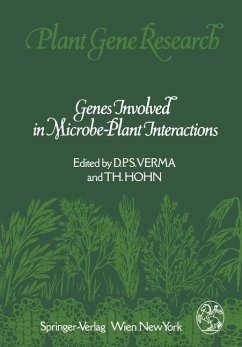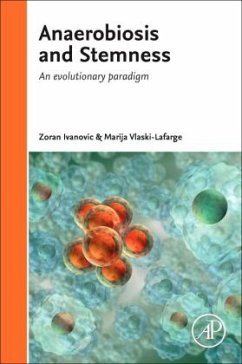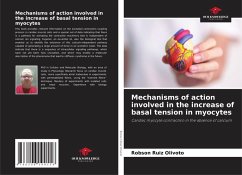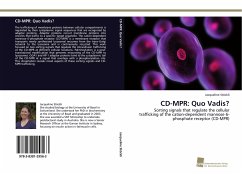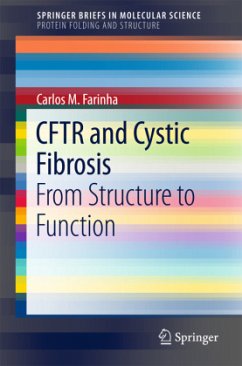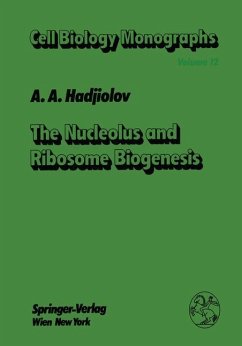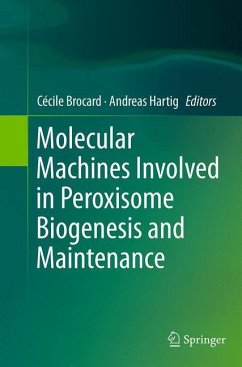
Molecular Machines Involved in Peroxisome Biogenesis and Maintenance
Versandkostenfrei!
Versandfertig in 6-10 Tagen
113,99 €
inkl. MwSt.

PAYBACK Punkte
57 °P sammeln!
In eukaryotes, lipid metabolism requires the function of peroxisomes. These multitasking organelles are also part of species-specific pathways such as the glyoxylate cycle in yeast and plants or the synthesis of ether lipid in mammals. Proteins required for the biogenesis of peroxisomes typically assemble in large molecular complexes, which participate in membrane formation, protein transport, peroxisome duplication and - inheritance during cell division. Peroxisomal function is essential for life. Mutations in PEX genes, encoding for biogenesis factors, are often associated with lethal disord...
In eukaryotes, lipid metabolism requires the function of peroxisomes. These multitasking organelles are also part of species-specific pathways such as the glyoxylate cycle in yeast and plants or the synthesis of ether lipid in mammals. Proteins required for the biogenesis of peroxisomes typically assemble in large molecular complexes, which participate in membrane formation, protein transport, peroxisome duplication and - inheritance during cell division. Peroxisomal function is essential for life. Mutations in PEX genes, encoding for biogenesis factors, are often associated with lethal disorders. The association of peroxisomes with other organelles suggests an extensive participation in organellar crosstalk. This book represents a state-of-the-art review in the field of peroxisome research encompassing the cell and molecular biology of peroxisome biogenesis and its diseases, the protein complexes involved in this process and the modern technologies applied to study them. The book is intended for graduate students, researchers and lecturers in biochemistry, molecular and cell biology with a biomedical background.







